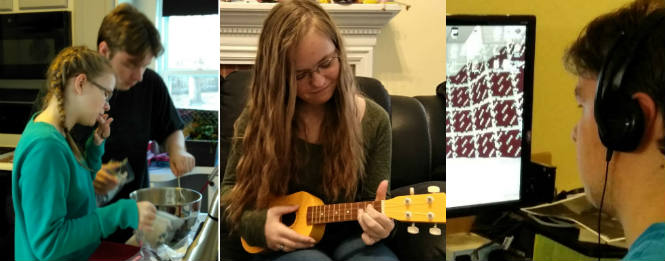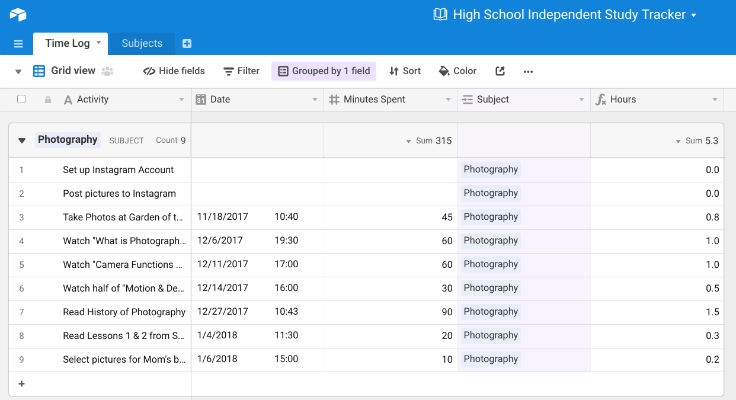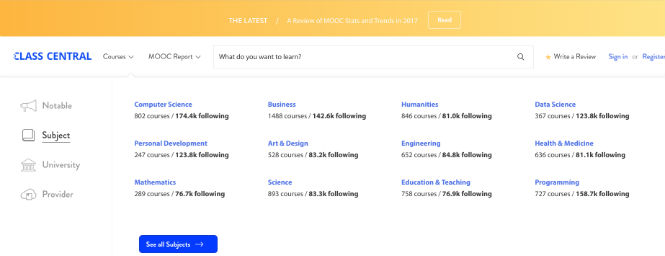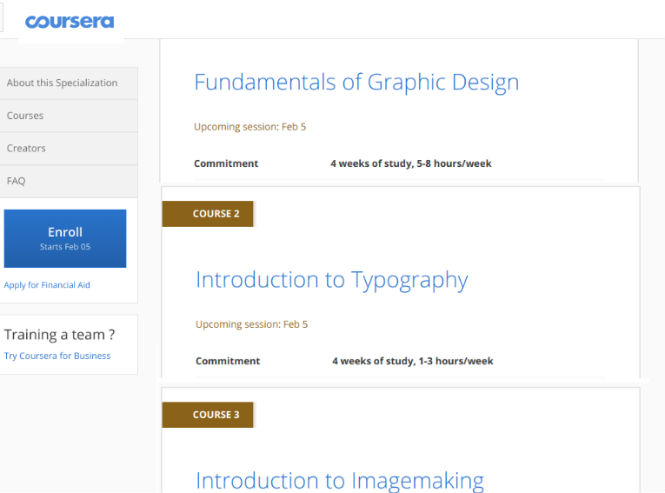Are you as intimidated by high school electives as I once was? For the first year or two my teens were in high school, I hunted down curriculum like a madwoman, assuming that we needed to approach elective classes the same way as all of our other homeschool subjects. Nothing could be further from the truth.
High school academics can be challenging for homeschool moms and their teens. There is no need to add extra stress by requiring many rigorous electives that hold little interest for your student. Electives can be fun and easy!

The most natural way to choose electives is to explore how your student already spends her free time. What life skills is she building as part of the family? Do her passions include art or music? Does he gravitate toward the computer to program, design web pages, or create Minecraft mods? Perhaps he enjoys the challenge of learning a foreign language or needs a couple language credits to prepare for college.
If you are still not sure what electives would be best, ask your student what he wants to learn. The answer may surprise you!
This is my sixth year homeschooling high school students, and we have enjoyed coming up with creative ways for my kids to earn elective credit without a lot of hassle. It is an ongoing learning process. My teens have used packaged curriculum, participated in local classes and private lessons, studied independently, worked outside the home, and taken classes online.
Ways to Earn Credit
- Purchased Curriculum
- Local Classes
- Independent Study
- Work or Volunteer Experience
- Online Classes
How do I award credit?
Purchased Curriculum
When I purchase curriculum for a high school elective, usually the publisher offers a suggestion for the number of credits my student can earn. This makes assigning credits easy.
If there is no recommendation, contact the publisher and ask for one. Alternatively, a Google search of the curriculum name followed by “high school credit” will often lead to a forum where other homeschool moms share how they have assigned credit for the course.
If you are still uncertain of how much credit to assign, treat the resource as an independent study course and track the time your student spends using the curriculum.
Classes, Lessons, Independent Study, and Work

Sometimes assigning credit is not as simple as finding someone’s recommendation. What if my child has private lessons or takes a class that is not accredited? Can these count for high school credit? Yes, they can.
Simply estimate the amount of time your teen is in class, and add any additional time he spends practicing or doing homework. Your child’s teacher may be able to help give you an estimate as well.
Use the same method to assign independent study credit. When your teen is pursuing a topic of special interest, keep a chart for your student to record each activity he completes and the time he spends.

If the time adds up to between 50 and 75 hours, that is about half a credit. From 120 to 150 hours is a complete high school credit.
Use your own judgement when deciding whether to require a number closer to the higher or the lower end of that range. If you know your child always works diligently on a particular subject, you may require fewer hours. But if he tends to slack off, require that more time be spent before awarding credit.
Don’t forget to award credit for any jobs your teen has, whether paid or volunteer, by tracking those working hours. These real-world experiences are building the valuable skills she will use later in life. Often, more effective learning happens on the job than while reading a textbook, watching a video, or sitting in a classroom.
Online Classes
Did you know that your high school student can earn credit while taking free online classes? Although some of the best online courses are in the fields of technology and computers, you can find free courses in many other areas as well. Class Central provides a virtual catalog to thousands of classes, many of which your student can audit for free.

Most will give an estimate of the amount of time required for the course. Use these numbers to determine the amount of credit to assign.

For a four-week class requiring 5 hours of study each week, assume your student will spend 20 hours. This is about one sixth of a credit, so she would need to take a couple more similar classes to reach a half-credit in that subject.

Some courses are part of a specialization in a subject area, making it quite easy to find additional related courses which usually can be audited for free.
Are these classes appropriate for my teen?
Are these free online classes a good option for your student? They could be. I recommend them for students who demonstrate responsibility and motivation, enjoy using computers, and prefer short video lessons rather than reading a textbook.
At this time there is not a way for parents to track their student’s progress in these classes, so be sure you can rely on your student’s honesty and responsibility before awarding credit. If your student could benefit from the course but needs closer supervision, you could also take the class together or at least sit close by while he completes the course.
Aren’t Electives Fun?
I love talking about electives because they are so much more exciting and flexible than academic subjects. In January, I blogged about the Airtable chart my daughter is using to track her independent study hours. I also detailed the electives she is pursuing as independent study courses in ninth grade.
My two older students have earned high school elective credit in life skills, the arts, computers & technology, and foreign languages. In the coming weeks I will be blogging about specific courses we have included on their high school transcripts in each of these areas.
What elective credits has your teen earned in non-traditional ways? Please share in the comments below.